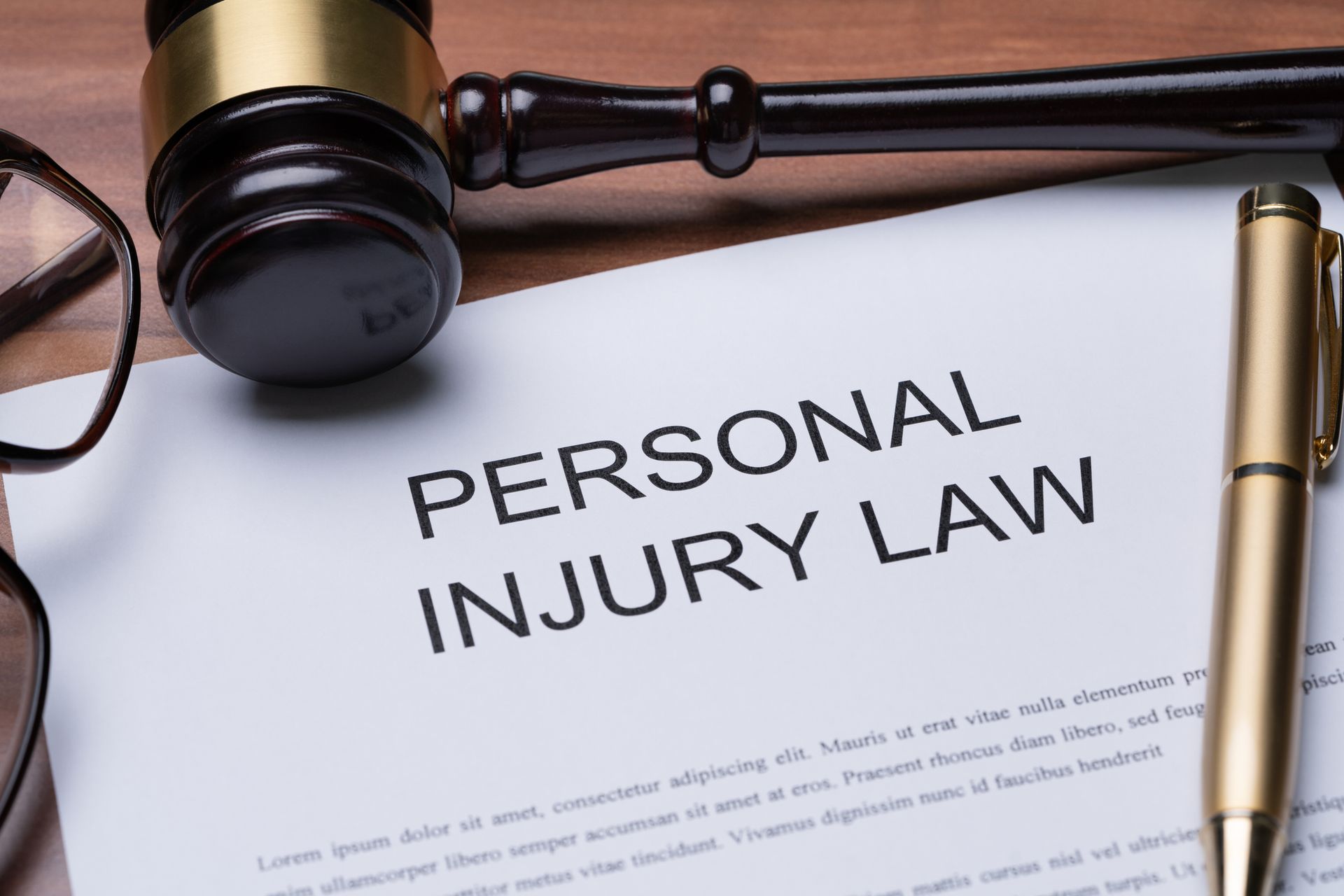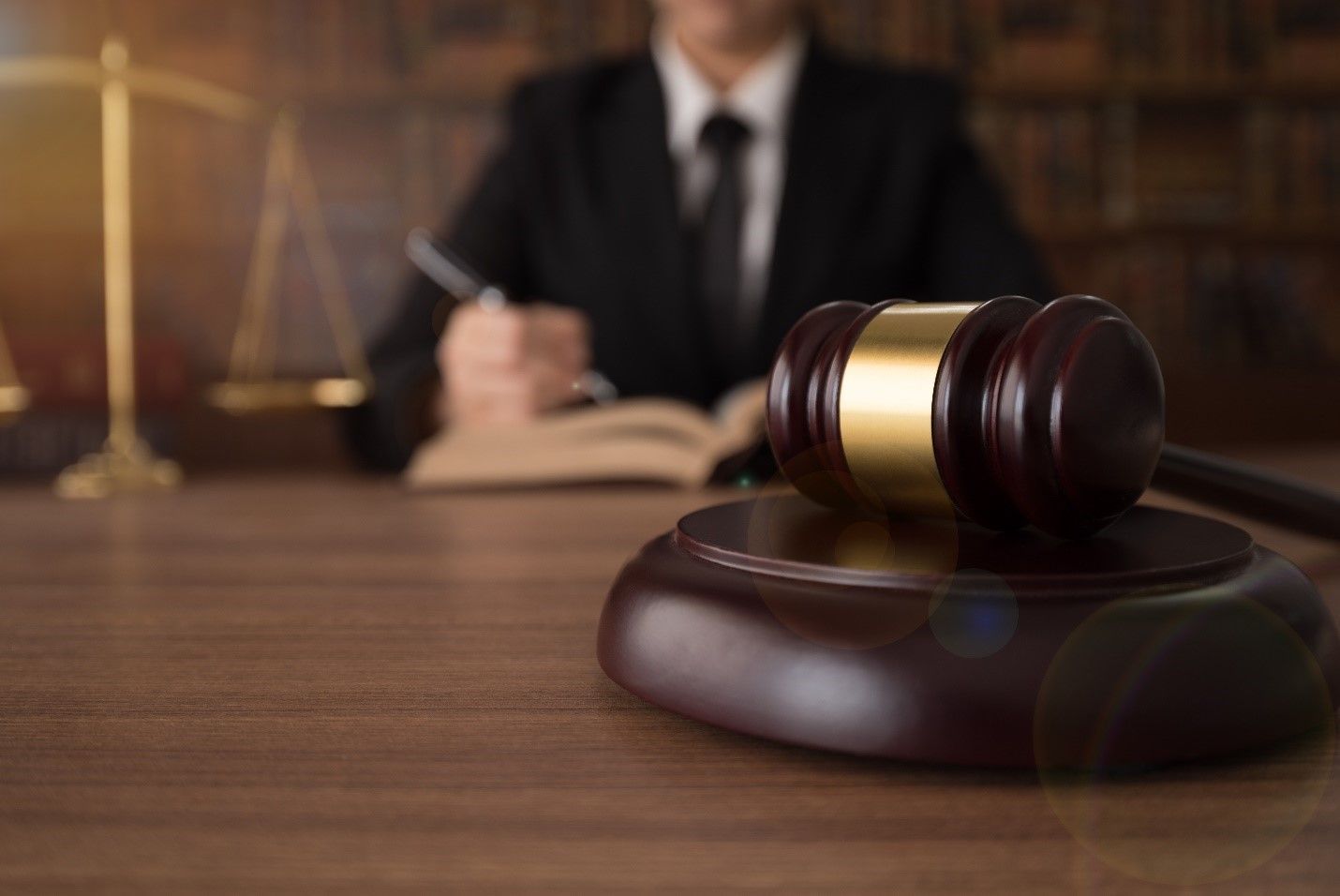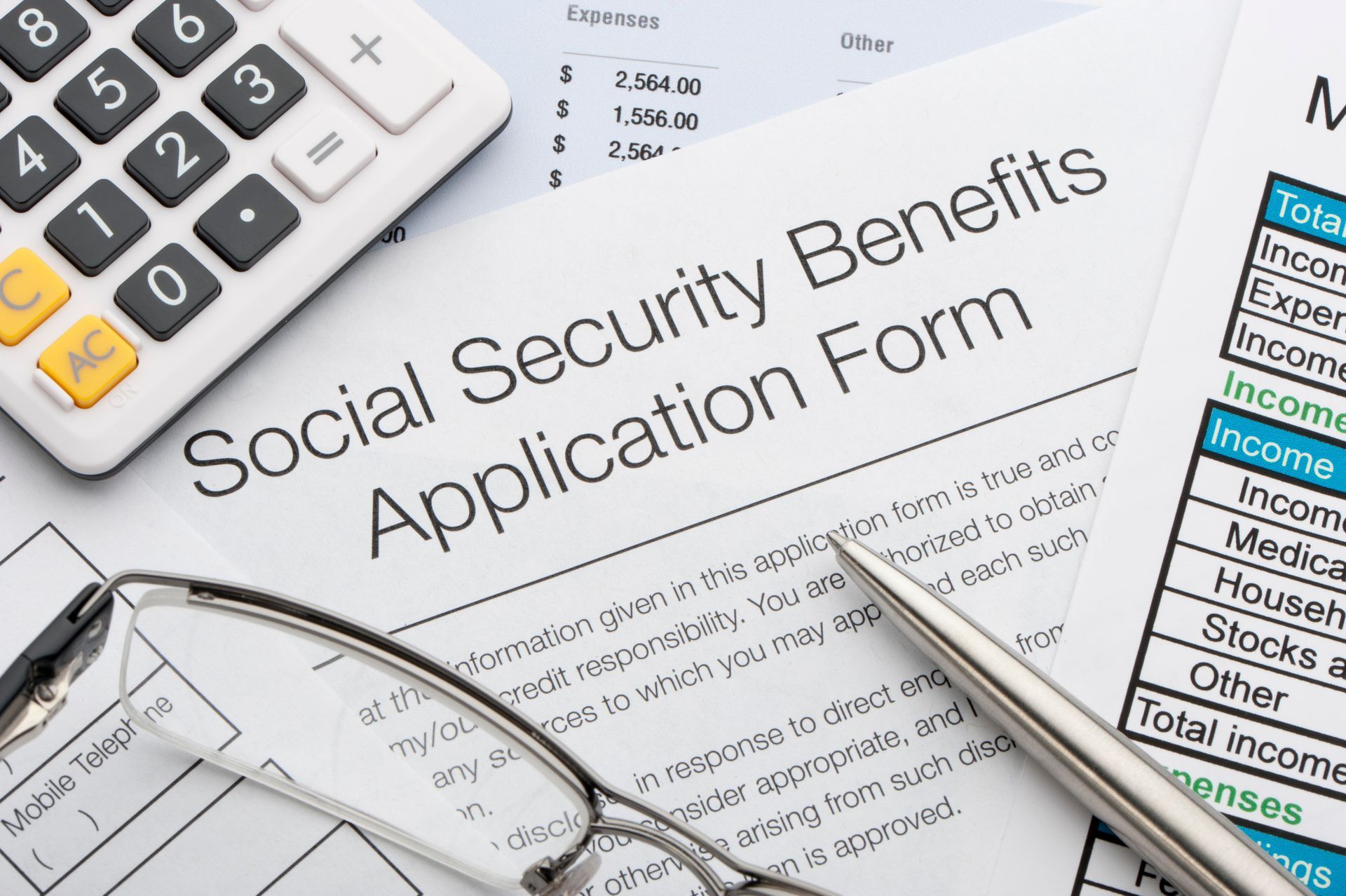Steps to Take After a Personal Injury Accident

Experiencing a personal injury accident can be incredibly stressful and disorienting, but the actions you take immediately afterward are critical for your well-being and your potential legal case. Whether you’ve been in a car accident, slipped and fallen, or experienced some other kind of injury, knowing how to respond can help you protect your health and secure any compensation you may be entitled to.
1. Prioritize Your Health and Safety
The first thing to do after a personal injury accident is to check for injuries. Even if you don’t feel pain right away, it's important to assess your condition because some injuries—like concussions or internal injuries—may not show up until later. If you are hurt, or if someone else is, call for medical help immediately. Getting checked out by a doctor is not just important for your health but also provides a medical record, which is essential for any future claims.
2. Call the Authorities
After ensuring your safety, it's important to report the accident. If it’s a car accident, call the police to the scene so that they can create an official report. If your injury occurred on someone’s property or at a business, notify the property owner or manager and ask for an incident report. This documentation is crucial for filing insurance claims and potential legal action later on.
3. Gather Information
While you’re waiting for help, try to gather as much information as you can. Take photos of the scene—this could include damage to your vehicle, the environment, any hazards that contributed to the accident, and your injuries. If there are witnesses, ask for their names and contact details. This evidence will be incredibly helpful if you need to prove what happened later.
4. Exchange Information
If your personal injury accident involves other parties, like in a car crash, exchange contact and insurance information with them. Make sure to collect their names, phone numbers, driver’s license numbers, and insurance details. If the accident happened at a business, get the contact details of the property owner or manager. Having this information will make it easier to follow up as you begin to address the aftermath.
5. Avoid Admitting Fault
In the immediate aftermath of a personal injury accident, be careful about what you say. You might feel the need to apologize or accept some of the blame, but it’s important not to make any statements that could be taken as admitting fault. Stay calm, stick to the facts, and save any detailed discussions about liability for when you’ve spoken with a lawyer or your insurance company.
6. Seek Medical Attention Again
Even if you didn’t feel seriously hurt right after the accident, it’s a good idea to see a doctor for a more thorough checkup. Some injuries, like whiplash or internal damage, can take time to show up, and it’s better to catch them early. Plus, having detailed medical records is essential if you plan to pursue a personal injury claim.
7. Contact Your Insurance Company
You should notify your insurance company about the accident as soon as possible. Stick to the facts when discussing what happened and provide them with any documentation you’ve gathered. However, be cautious about agreeing to any settlement or providing a detailed statement before you’ve consulted with a personal injury attorney, as insurance companies often aim to settle claims for as little as possible.
8. Consult a Personal Injury Attorney
Finally, one of the most important steps to take after a personal injury accident is to consult with a personal injury lawyer. They can help you understand your rights, navigate the legal process, and ensure you get fair compensation. An experienced lawyer can also handle negotiations with the insurance company, making sure you’re not shortchanged in the settlement process.
If you or someone you know has been injured in an accident, don’t wait to get the help you need. At The Law Offices Of James B Gillespie Jr PLLC, we specialize in personal injury cases and are here to fight for your rights.
Contact us today to discuss your case and see how we can help you get the compensation you deserve.




